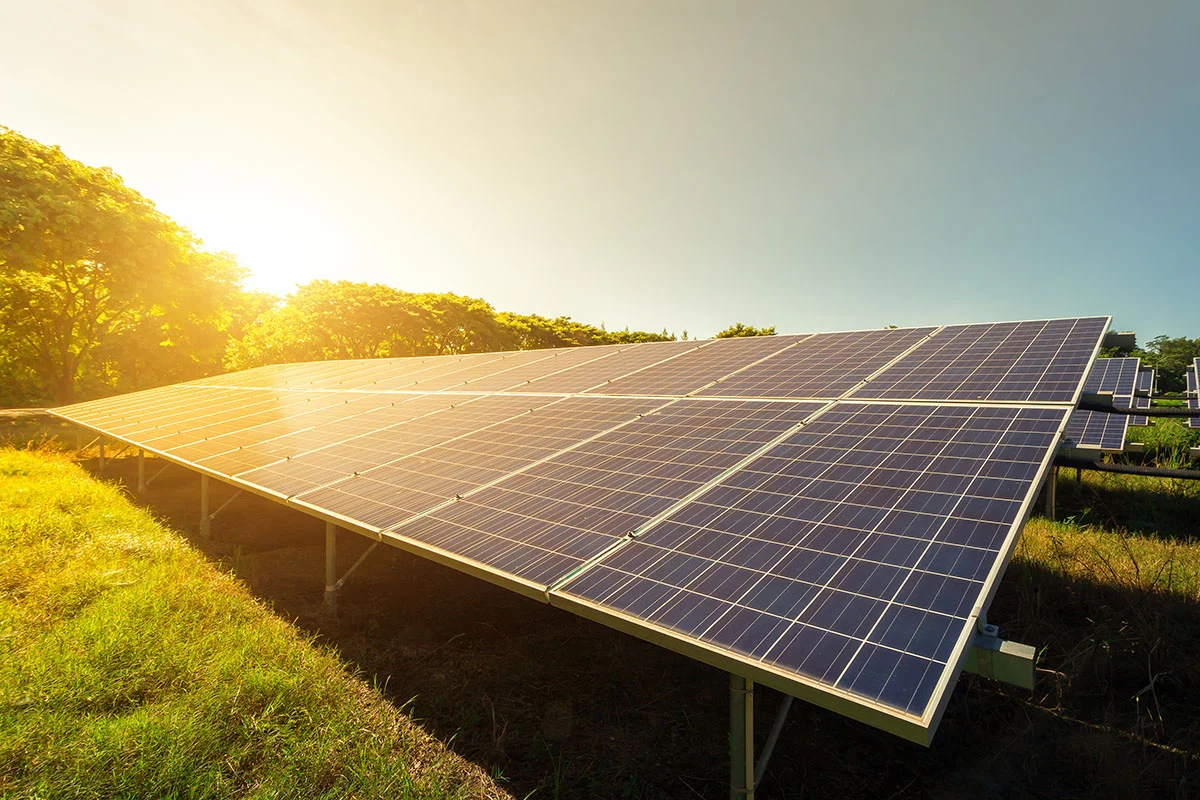Islamabad: the Private Power & Infrastructure Board highlighted that to meet the government’s objectives of energy security, affordable electricity, environmental preservation, and sustainable development, there’s a vision to expedite the deployment of solar power.
This initiative aims to eventually reduce reliance on expensive imported fossil fuels for electricity generation.
Such a shift not only promises to save foreign reserves spent on importing costly fossil fuels but also ensures affordable electricity provision to consumers, fostering a sustainable power sector in the long run. To this end, the Federal Cabinet approved the Framework Guidelines for Fast-Track Solar PV Initiatives 2022 on October 18, 2022.
Under these guidelines, large-scale solar PV projects will be developed on an Independent Power Producer basis through competitive bidding or within a Government-to-Government framework. The Government of Pakistan, facilitated by the Special Investment Facilitation Cell, has already received interest from the governments of Saudi Arabia, the United Arab Emirates, and Kuwait for renewable energy project development in Pakistan under the G2G model.
The government is actively engaged in advancing solar PV projects using the G2G approach.
The Framework Guidelines offer various fiscal and financial incentives to Independent Power Producers. Section 2.1.2(xv) stipulates that all machinery, equipment, and related goods necessary for Solar PV projects will be exempt from import duties and taxes. Should amendments to relevant laws be necessary, the FBR will initiate them.
Moreover, Section 2.1.2(xv) states that profits from electricity sales by an IPP from a power generation project will incur a 15% income tax for the project’s duration.
Shah Jahan Mirza, Managing Director of PPIB, informed the Chairman of FBR that the sales tax exemption on imports for Alternative and Renewable Energy projects, processed after January 15, 2022, has been revoked under the Sales Tax Act, 2022. Furthermore, amendments made to the Income Tax Ordinance 2001, via the Finance (Supplementary) Act, 2022, have removed income tax exemptions. Consequently, these projects are now subject to both sales tax and the standard corporate income tax rate, currently at 29%, surpassing the concessional rate outlined in the Framework.
PPIB emphasizes the necessity of legislative amendments to enable IPPs to benefit from import exemptions and the reduced income tax rate of 15% on solar PV project profits, as approved by the Federal Cabinet under the Framework Guidelines.
After presenting the case’s background, PPIB urged the FBR to take prompt action, in line with the Federal Cabinet’s decision, to make the required amendments to the Sales Tax Act, 1990, and Income Tax Ordinance, 2001, ensuring timely development of the planned fast-track solar PV projects.










